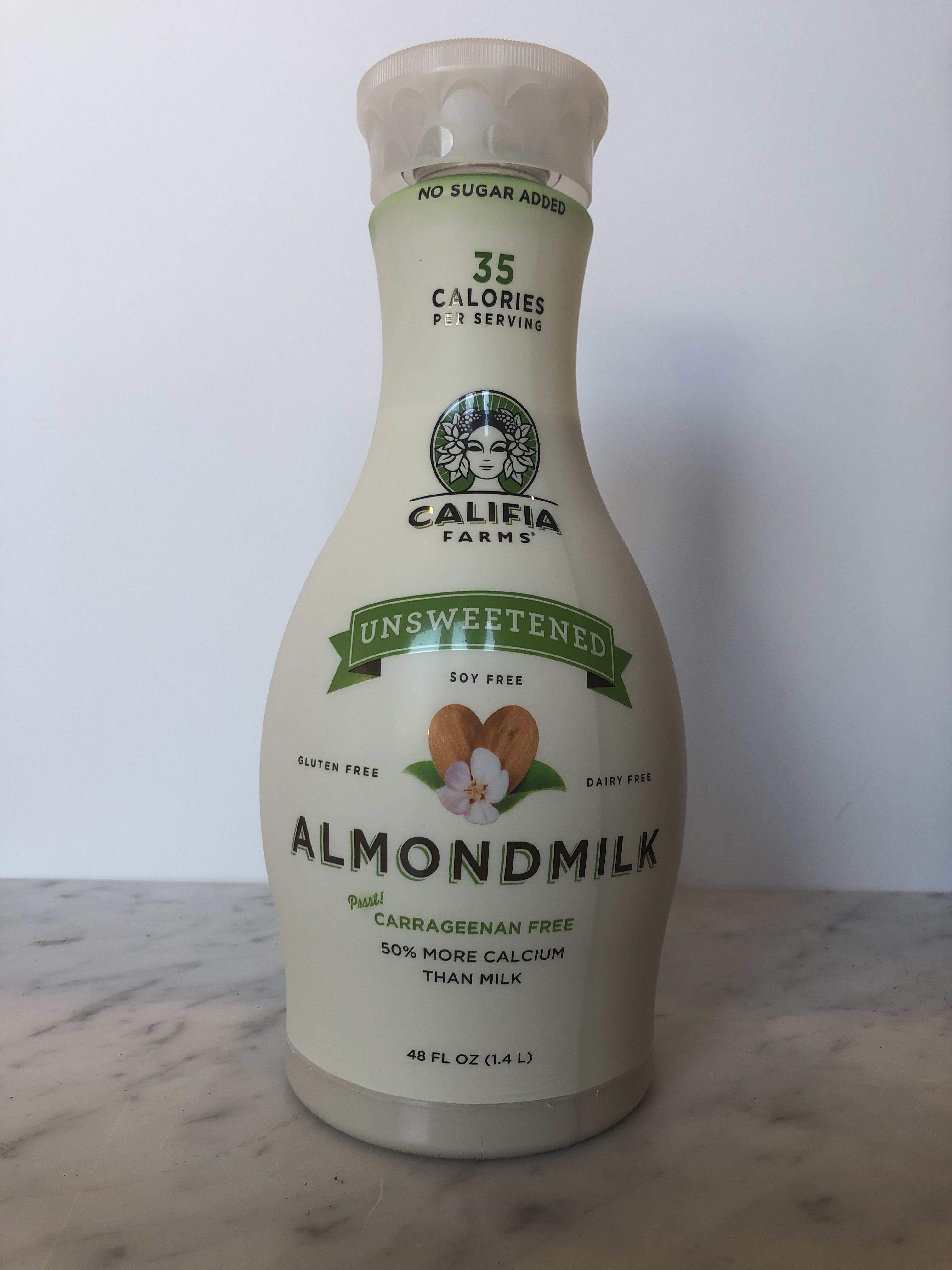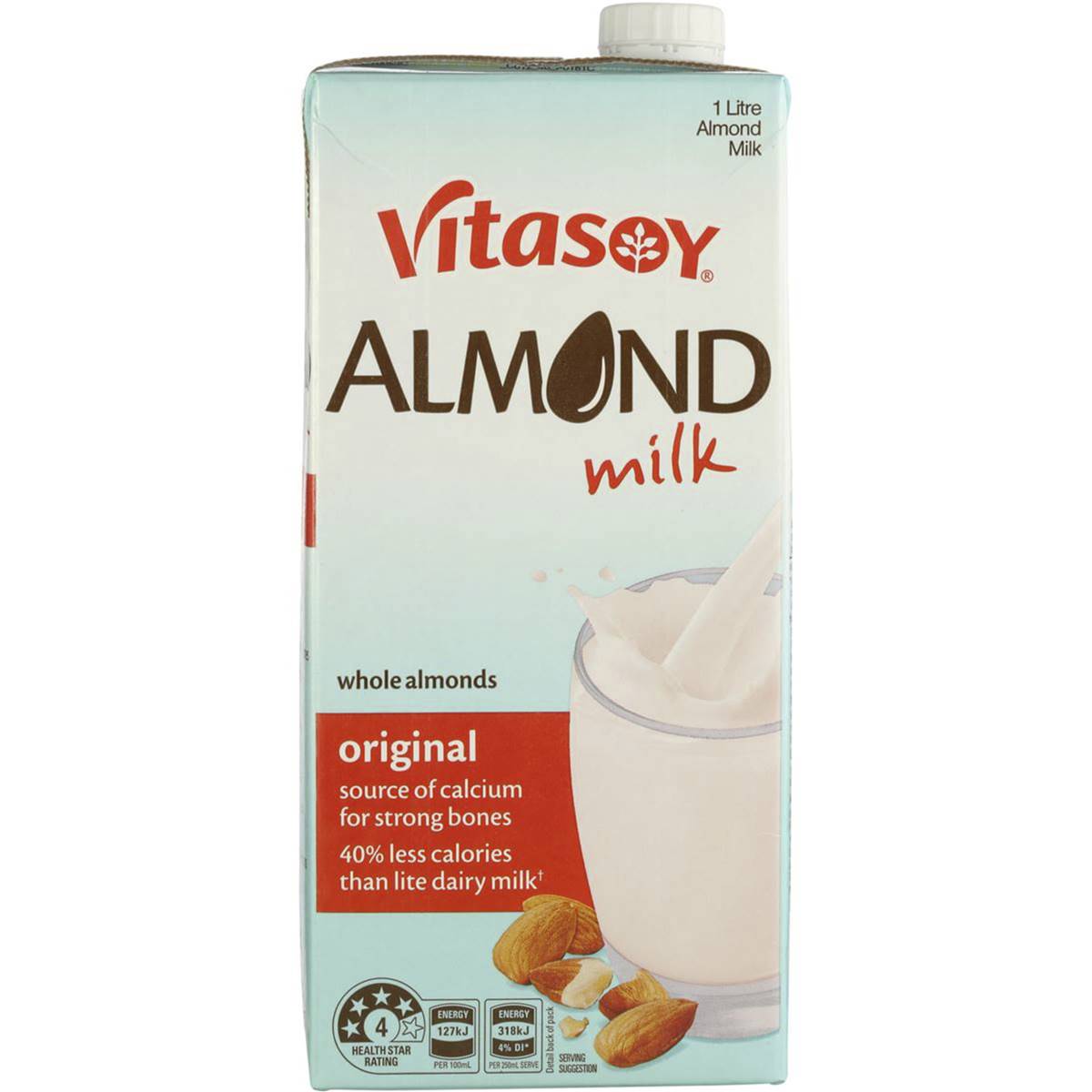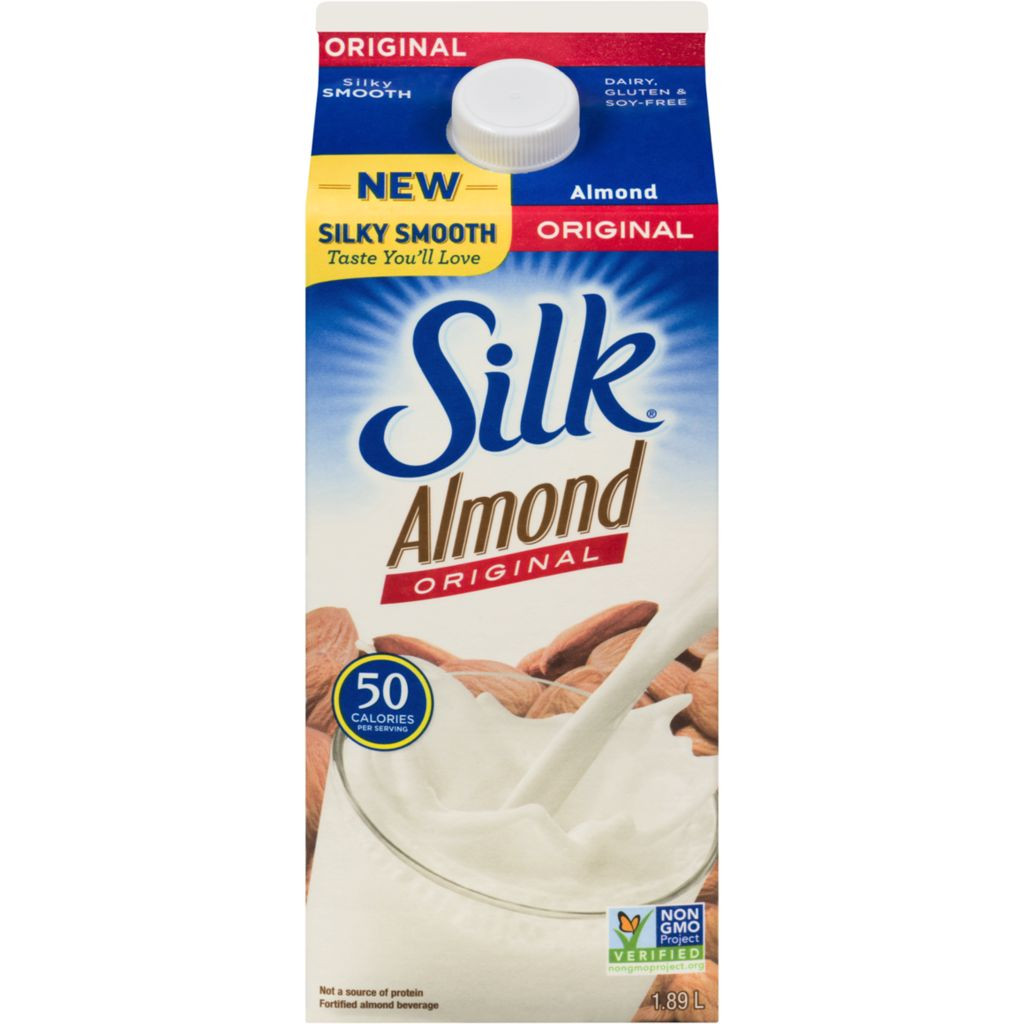Almond milk has become a popular alternative to cow's milk for those who are lactose intolerant, vegan, or simply seeking a healthier option. However, recent reports suggest that almond milk may contain cyanide, a toxic substance that can have serious health consequences. In this article, we'll explore the truth behind these claims and what you need to know about consuming almond milk.
What is Cyanide?

Cyanide is a chemical compound that is highly toxic to humans and other animals. It can be found in a variety of sources, including cigarette smoke, industrial chemicals, and certain foods. Cyanide works by interfering with the body's ability to use oxygen, leading to oxygen deprivation and potentially fatal consequences.
How Does Cyanide Get Into Almond Milk?

The cyanide in almond milk comes from the process of making the milk. Almonds are naturally high in amygdalin, a substance that can break down into cyanide when exposed to water. To make almond milk, the almonds are soaked in water and then blended, which releases the amygdalin and potentially creates cyanide.
Are the Cyanide Levels in Almond Milk Dangerous?
While almonds do contain amygdalin, the levels are typically not high enough to pose a significant risk to human health. However, the process of making almond milk can increase the concentration of cyanide in the final product. The amount of cyanide in almond milk can vary depending on the brand and production method, so it's important to read labels and choose a reputable brand.
What Are the Health Effects of Cyanide Poisoning?

Cyanide poisoning can cause a range of symptoms, including headache, dizziness, confusion, nausea, and vomiting. In severe cases, it can lead to seizures, coma, and even death. The severity of symptoms depends on the dose of cyanide and the length of exposure.
How Can You Reduce Your Risk of Cyanide Poisoning?

To reduce your risk of cyanide poisoning from almond milk, it's important to choose a reputable brand that uses safe production methods. Additionally, it's important to consume almond milk in moderation and as part of a balanced diet. Almond milk is not a complete substitute for cow's milk, as it lacks certain nutrients like calcium and vitamin D.
What Are the Alternatives to Almond Milk?

If you're looking for a dairy-free milk alternative, there are many options available. Soy milk, rice milk, and oat milk are all good choices that are widely available. These milks are typically fortified with calcium and vitamin D to provide the same nutritional benefits as cow's milk.
Conclusion
While almond milk does contain cyanide, the levels are typically not high enough to pose a significant risk to human health. However, it's important to choose a reputable brand and consume almond milk in moderation as part of a balanced diet. If you're concerned about the potential risks of cyanide poisoning, consider trying one of the many other dairy-free milk alternatives available.